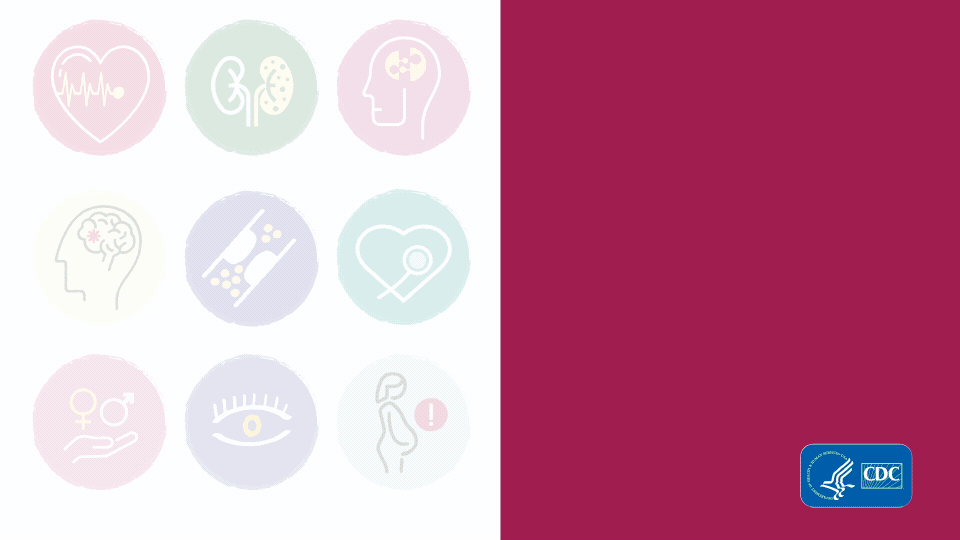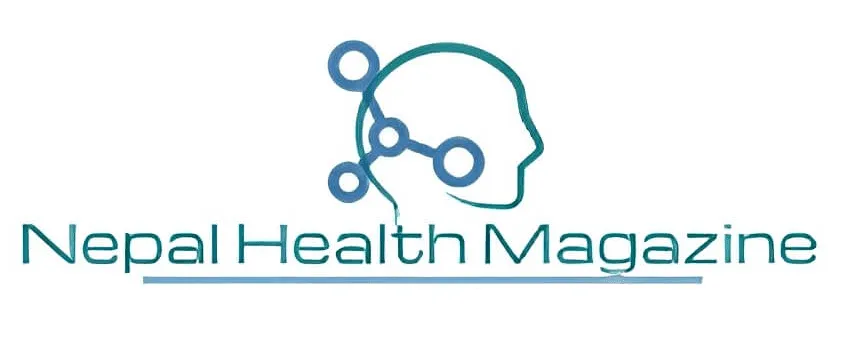World Hypertension Day is celebrated annually on May 17 to celebrate achievements in protecting people’s heart health share new tools that will support the measurement and management of blood pressure and drive a positive awareness change against Hyper tension.
More than one billion people around the world live with hypertension (high blood pressure), which is a major cause of cardiovascular disease and premature death worldwide. The burden of hypertension is felt disproportionately in low- and middle-income countries, where two thirds of cases are found, largely due to increased risk factors in those populations in recent decades. What’s more, around half of people living with hypertension are unaware of their condition, putting them at risk of avoidable medical complications and death.
Table of Contents
Key facts
- Hypertension – or elevated blood pressure – is a serious medical condition that significantly increases the risks of heart, brain, kidney and other diseases.
- An estimated 1.13 billion people worldwide have hypertension, most (two-thirds) living in low- and middle-income countries.
- In 2015, 1 in 4 men and 1 in 5 women had hypertension.
- Fewer than 1 in 5 people with hypertension have the problem under control.
- Hypertension is a major cause of premature death worldwide.
- One of the global targets for noncommunicable diseases is to reduce the prevalence of hypertension by 25% by 2025 (baseline 2010).

Theme
This year’s theme is Measure Your Blood Pressure Accurately, Control It, Live Longer, focusing on combatting low awareness rates worldwide, especially in low to middle income areas, and accurate blood pressure measurement methods.
What is hypertension?
Blood pressure is the force exerted by circulating blood against the walls of the body’s arteries, the major blood vessels in the body. Hypertension is when blood pressure is too high.
Blood pressure is written as two numbers. The first (systolic) number represents the pressure in blood vessels when the heart contracts or beats. The second (diastolic) number represents the pressure in the vessels when the heart rests between beats.
Hypertension is diagnosed if, when it is measured on two different days, the systolic blood pressure readings on both days is ≥140 mmHg and/or the diastolic blood pressure readings on both days is ≥90 mmHg.
What are the risk factors for hypertension?
Modifiable risk factors include unhealthy diets (excessive salt consumption, a diet high in saturated fat and trans fats, low intake of fruits and vegetables), physical inactivity, consumption of tobacco and alcohol, and being overweight or obese.
Non-modifiable risk factors include a family history of hypertension, age over 65 years and co-existing diseases such as diabetes or kidney disease.
What are common symptoms of hypertension?
Hypertension is called a “silent killer”. Most people with hypertension are unaware of the problem because it may have no warning signs or symptoms. For this reason, it is essential that blood pressure is measured regularly.
When symptoms do occur, they can include early morning headaches, nosebleeds, irregular heart rhythms, vision changes, and buzzing in the ears. Severe hypertension can cause fatigue, nausea, vomiting, confusion, anxiety, chest pain, and muscle tremors.
The only way to detect hypertension is to have a health professional measure blood pressure. Having blood pressure measured is quick and painless. Individuals can also measure their own blood pressure using automated devices, however, an evaluation by a health professional is important for assessment of risk and associated conditions.
What are the complications of uncontrolled hypertension?
Among other complications, hypertension can cause serious damage to the heart. Excessive pressure can harden arteries, decreasing the flow of blood and oxygen to the heart. This elevated pressure and reduced blood flow can cause:
- Chest pain, also called angina.
- Heart attack, which occurs when the blood supply to the heart is blocked and heart muscle cells die from lack of oxygen. The longer the blood flow is blocked, the greater the damage to the heart.
- Heart failure, which occurs when the heart cannot pump enough blood and oxygen to other vital body organs.
- Irregular heart beat which can lead to a sudden death.
Hypertension can also burst or block arteries that supply blood and oxygen to the brain, causing a stroke.
In addition, hypertension can cause kidney damage, leading to kidney failure.
Of the five technical packages that comprise the Global Hearts Initiative, the HEARTS technical package aims to improve the prevention and management of cardiovascular diseases, including hypertension detection and management. The five modules of the HEARTS technical package (Healthy-lifestyle counselling, Evidence-based treatment protocols, Access to essential medicines and technology, Team-based care, and Systems for monitoring) provide a strategic approach to improve cardiovascular health in countries across the globe.

- Webinar on World Hand Hygiene | Register today
- World’s First 5-in-1 vaccine against meningitis | Men5CV
- World Health Worker Week 2024 | Know theme
- World Autism Awareness Day 2024 | Know theme
- Staff Nurse | OCH | latest jobs vacancy 2024
- World Hepatitis Summit 2024 | WHO
- Staff Nurse | TLMN | ngo jobs 2024
- World Health Day 2024 | Know theme
- Measuring access to assistive technology in Nepal | Country Report
- Migration Health Nurse | IOM | ingo jobs
- Nursing Officer | Kopila Valley | nursing jobs 2024
- Benefits and risks of using artificial intelligence for pharmaceutical development and delivery | WHO
bachelor jobs bph jobs covid19 health health for all health guidelines new health jobs healthjobs healthjobs in nepal health jobs vacancy health public health update ingo jobs jobs after passing bachelor jobs for bph jobs in nepal jobs in ngo ngo jobs ngo jobs vacancy ngo jobs vacancy for bph ngo job vacancy 2021 nurse jobs nurse jobs 2021 nurse vacancy nursing insurance nursing job nursing jobs nursing jobs 2021 nursing jobs in nepal nursing law nursing officer Nursing Vacancy Public health Public health concern public health important days Public health in Nepal publichealth jobs public health updated Staff Nurse Staff Nurse and HA Vacancy | Nepal Army 2021 staff nurse vacancy staff nurse vacancy in ngo 2021 nepal staff nurse vacancy kathmandu who guidelines WHO official

Hey there, I am Nirdesh Baral, founder of Nepal Health Magazine. I am a Tech geek by passion , Public health practitioner by profession and an Ailurophile by heart and a patriot by birth



